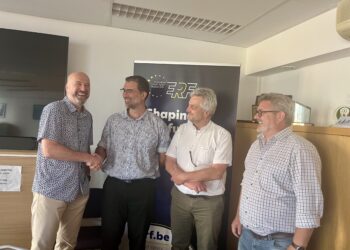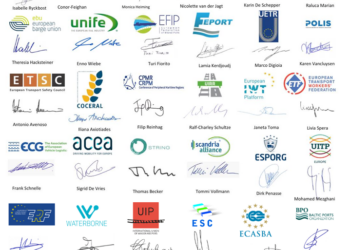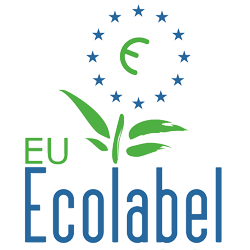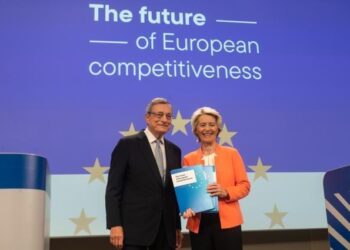Brussels | 04 May 2023
The European Commission, together with the European Partnership on Connected, Cooperative and Automated Mobility (CCAM) and the FAME project co-organised the 4th European Conference on Connected and Automated Driving (EUCAD2023), which took place in Brussels on 3 and 4 May 2023.
The event gathered policy makers, academia, and road authorities to discuss the way forward for the implementation of large-scale demonstrations, and deployment of CCAM solutions, in Europe and beyond.
The first day of the event was opened by the speeches of Signe Ratso from EC DG RTD, Herald Ruijters from EC DG MOVE, and Nikolai Ardey from VW Group Innovation and it was followed by two plenary sessions:
– Plenary session 1 “From research to real world: Driving CCAM towards market and societal uptake”: this session aimed at identifying best practices to fill the gap between research and market readiness. Furthermore, the session aimed at tackling potential issues that might arise during the process.
– Plenary Session 2 “Enabling data sharing for CCAM and beyond”: exchange of data is key for a smart transport system. The proposed amendment to the ITS regulation (identifying data that should be made accessible in the National Access points) shows how more data is requested to build a digital infrastructure. Moreover, vehicles become increasingly connected to each other and to external infrastructure and ever more advanced ADAS brings more and better sensors: ways and solutions were discussed in the session, that also stresses the importance of cooperation: road authorities, fleet operators and manufactures need to work together.
After that, synergies between funding instruments in transport infrastructure and deployment were discussed in the transversal session 1.
In the afternoon, Breakout sessions were held on different clusters (Effect of CCAM on Energy efficiency and Sustainability of Road Transport, Progressing towards CCAM-hosting and enabling infrastructure, Preparing Cities for CCAM), and they were followed by the second transversal session on the priorities to be taken into account for the update of the Strategic Research and Innovation Agenda (SRIA). The SRIA provides the strategic framework for preparing future activities within the Partnership.
The second day of the conference was opened by an introduction from Christian Scharnhorst, CCAM Association Vice-Chair and Karen Vancluysen, Secretary General, Polis Network. Furthermore, the plenary session 3 “ Past, present and future of EU Regulation on Connected and Automated Driving” focused on the necessary legal framework so that automated vehicles can be bought and used across Europe: the two regulations mentioned were the General Safety Regulation (EU) 2019/2144 adopted by the Commission in 2019, providing the legal basis for the development of technical rules for connected and automated driving, as well as the recently adopted United Nation Regulation 157 and Regulation (EU) 2022/1426 implementing measures for the type-approval of automated vehicles and fully driverless vehicles respectively.
The plenary session 4 “Digital Connectivity infrastructure for CAM deployment” showcased the results of the 5G cross-border trial projects (5GPPP) funded under Horizon 2020, along with a short review of the first wave of 5G corridor deployment projects selected as part of CEF Digital Call 1.
The last transversal session of the conference focused on the lessons learned from Member States in national implementation projects while the final three breakout sessions focused on different topics that showed that it is crucial to consider different uses cases for ensuring the correct deployment of CCAM (Empowering society: the transition towards inclusive CCAM solutions, New software and hardware for CCAM, and their validation, Impacts and challenges of use cases for people and goods).
The Conference showed that there is still lot of work ahead (new standards, regulation adaptation, more testing, will be needed) and most certainly dialogue and cooperation amongst the different actors is essential for the transition to CCAM solutions.
You can rewatch the different session here :
See the pictures of the event here:
-
New President Appointed at the Helm of the ERF
June 12, 2025




